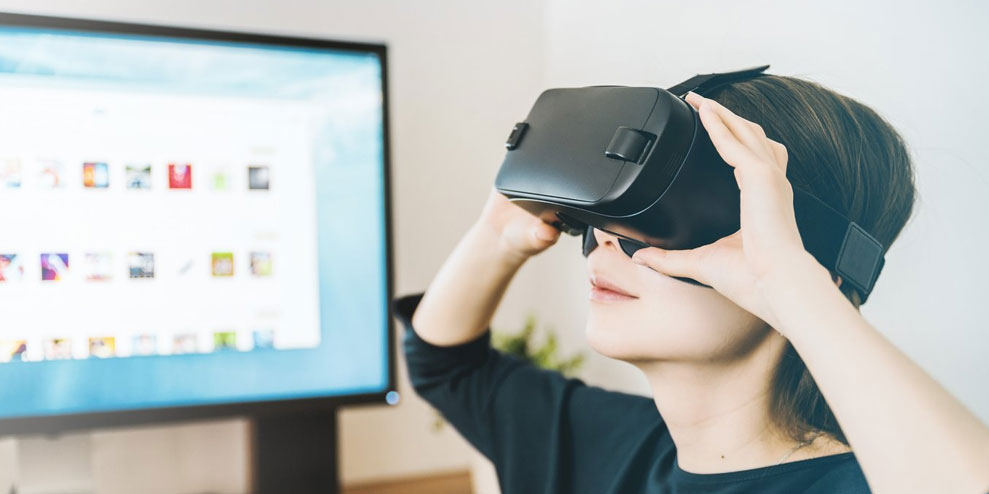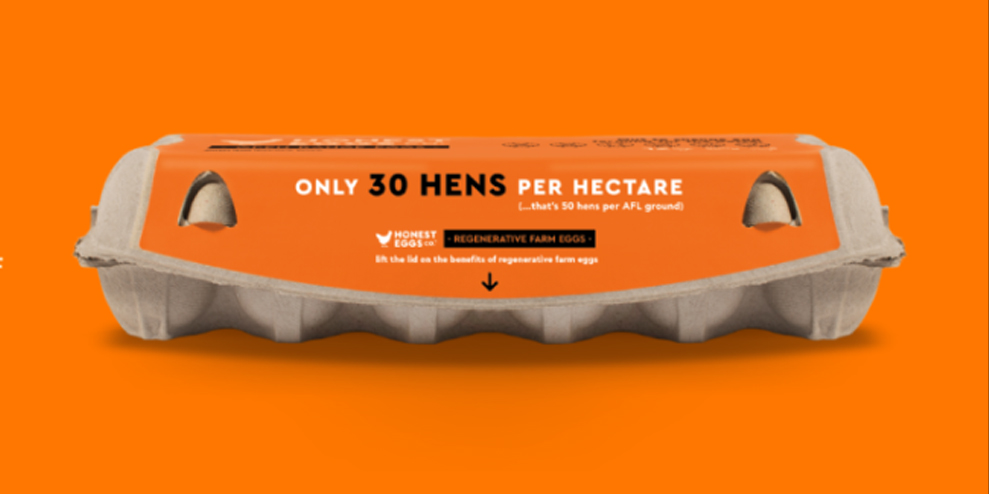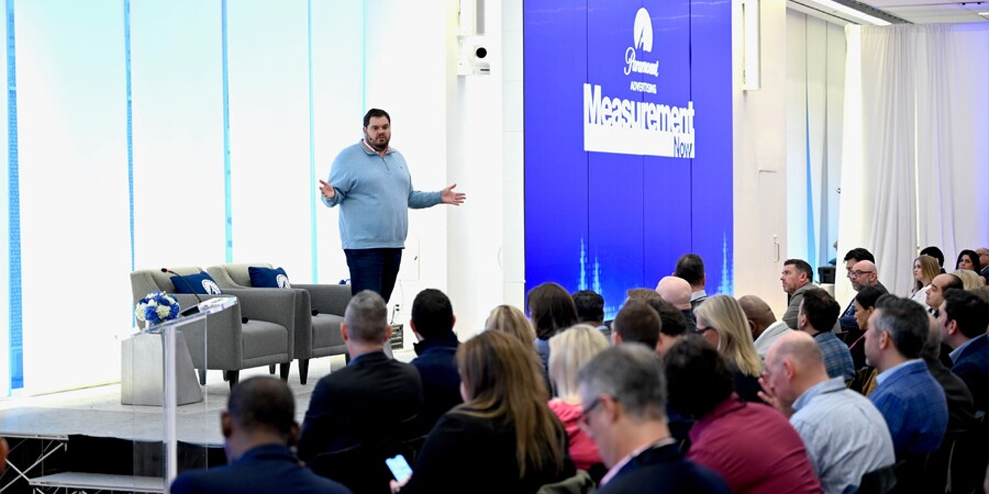VP of creative services at Shuttlerock shares an overview of where we are with cutting-edge tech for social video ads like 3D, 360-degree video, and VR.
Spend on social video ads such as for Facebook and Instagram will rocket to $12.48 billion next year, and these platforms are often at the forefront of communication innovation.
There are, however, some cutting-edge technologies in social video ads – like 3D, 360-degree video, and virtual reality – that have yet to appear widely in social media advertising.
These new technologies will enable brands to provide audiences with the opportunity to explore and interact with images, objects, and videos in their feeds like never before. The combination of texture, lighting and realistic rendering brings an increased vibrancy and intensity to the entire brand experience that isn’t found in traditional video formats.
3D video
3D video looks amazing and is one of the most immersive ways to engage with an audience. Some smartphones are already 3D enabled in anticipation of consumer demand, and we’re seeing the emergence of 3D photo posts already on Facebook.
But some key challenges are holding up broad 3D adoption in social advertising.
When will it go mainstream?
It will likely be three to five years before we see the widespread 3D design talent and device processing power to support this innovation.
360-degree video
We’re already using 360-degree video, also known as immersive or spherical video, in Facebook’s “Instant Experiences”. These online videos appear in the main feed and offer users a 360-degree view of objects, like the inside of the car.
Part of the slow adoption of 360-degree video is that it has specific use cases. The auto industry, as mentioned above, is an obvious choice. Who doesn’t love to poke around in a new car, even virtually? The travel industry is also an early adopter because of its ability to show a potential customer in a location or even the particulars of a specific booking, like a hotel room or beach villa.
Of the three technologies, 360-degree video is the most likely near-term opportunity. Because industries like travel and auto are already experimenting with this technology, it’s only a matter of time before others follow suit. Brands will want to capitalize on the audience engagement provided by an immersive experience. Also, unlike 3D video, 360-degree can be shot with technology as simple as an iPhone or a GoPro.
When will it go mainstream?
We’re getting there, fast. By 2022, we’ll likely see 360-video in a wide range of ads.
Virtual reality (VR)
The barrier to virtual reality adoption in social advertising boils down to bandwidth and hardware.
The bandwidth challenge will be solved first, as the proliferation of 5G will offer VR support on mobile devices. 5G is quickly rolling out across the US and worldwide, and Huawei is already beginning research into 6G.
But hardware is a challenge. Remember when cell phones used to look like large bricks you held against the side of your head? That’s largely where we are with VR headsets today. Oculus is the closest to bringing us the sleek, unobtrusive, aesthetically pleasing way to experience VR that is conducive to widespread use.
When will it go mainstream?
This will be a while – we’re looking at 2025 before high-quality VR makes its way into social advertising.
So, while we wait for these technologies to come to social advertising, what do we do in the meantime? We have to lean into the formats that are currently available. Stories, in particular, offer marketers many new opportunities to creatively engage with their customers such as vertical formats and polls.
Don’t sit around and wait. Keep innovating, and the rest will come.
–
This article first appeared in www.clickz.com
Seeking to build and grow your brand using the force of consumer insight, strategic foresight, creative disruption and technology prowess? Talk to us at +9714 3867728 or mail: info@groupisd.com or visit www.groupisd.com




